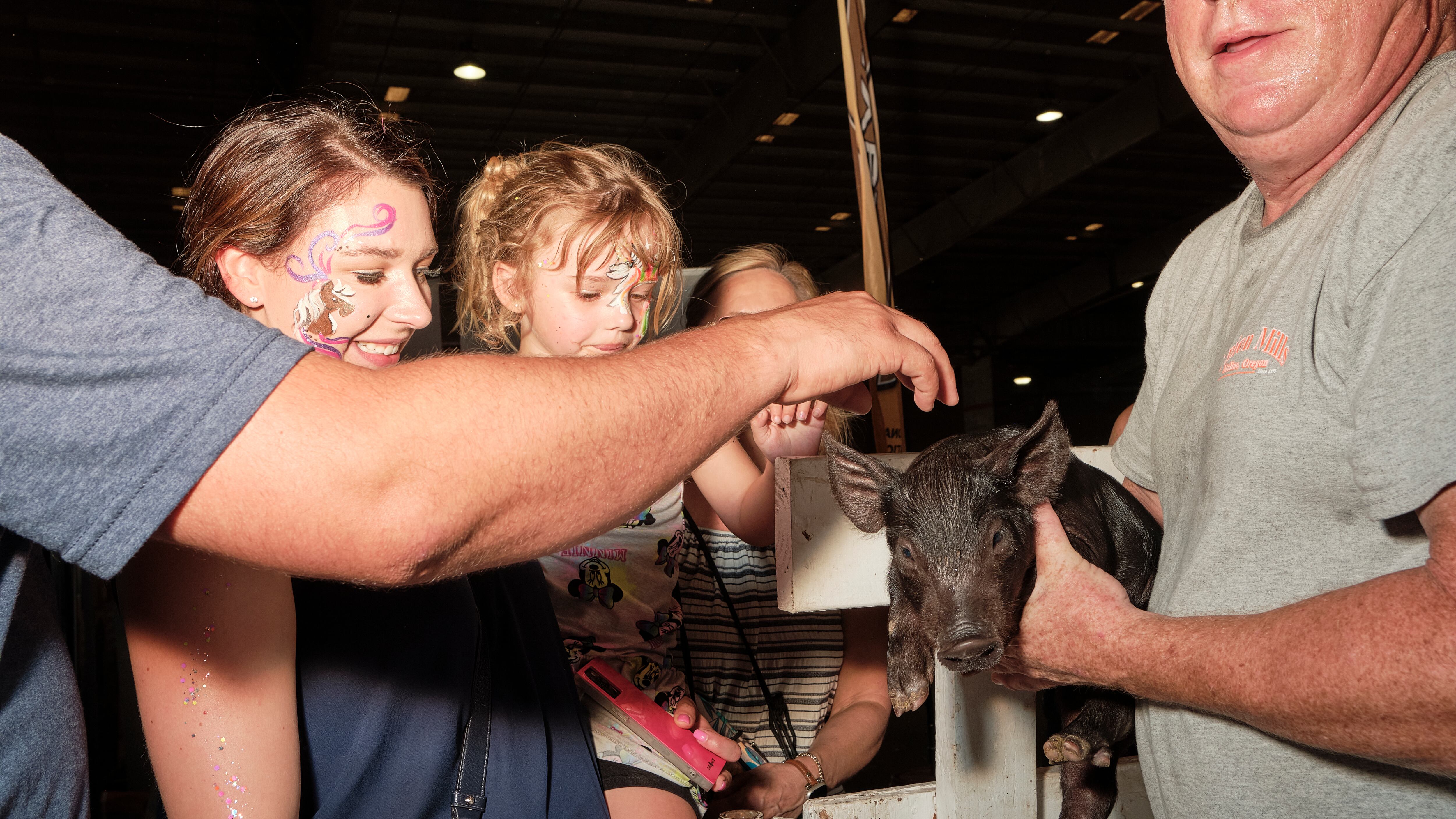Late last year, the governing board of the Oregon State Fair began strictly limiting media coverage of events at the fairgrounds. According to a copy of the new policy dated Dec. 4 and included in subsequent legal filings, reporters would have to request “accreditation” to visit the state-controlled property and could be kicked out for reporting “sensitive or confidential information.”
A lawsuit filed in Marion County Circuit Court in February argued that the media policy was instituted in response to a series of stories by NW Horse Report, an equestrian news website that was looking into allegations of unethical business practices by a horse auction held on the state fairgrounds.
The website’s editor filed the suit Feb. 27 against the Oregon State Fair’s governing body and its chief executive officer, Kim Grewe-Powell, arguing they had violated public meetings laws in their rush to enact the policy—and then the website requested that a judge issue a preliminary injunction blocking the policy outright.
“They absolutely know this is unconstitutional,” says Justin Alderman, managing editor of NW Horse Report. “It’s important to keep this in check.”
The Oregon State Fair & Exposition Center, which owns the fairgrounds, is a public corporation, and members of its governing council are appointed by the governor.
And within days of Alderman’s March 1 request for a temporary restraining order from a Marion County judge, a state assistant attorney general argued the request was “moot.” The state fair had voluntarily withdrawn the media policy.
The fair’s director, Grewe-Powell, declined to comment, citing the ongoing litigation.
Last September, according to the lawsuit, NW Horse Report was chasing down a tip that a company that leased buildings at the fairgrounds was concealing its connection to a Washington horse seller with a history of animal cruelty allegations.
When Alderman and a camera operator showed up at the fairgrounds on Sept. 9, they were confronted by auction officials and asked to leave by Oregon State Police. Alderman says he was on public fairgrounds at the time and “engaged professionally in a constitutional right and typical investigative news gathering,” according to the legal complaint.
Grewe-Powell later threatened to have Alderman and his camera operator arrested after they showed up several weeks later to attend a rodeo on the fairgrounds, the lawsuit says. (It was unrelated to NW Horse Report’s investigation into the auction; they were there to interview participants.) Grewe-Powell stated at a subsequent public meeting that the new media policy was instituted in response to Alderman’s reporting, according to the legal complaint.
“They are accountable to the people of Oregon, and they have to comply with public records and public meetings law,” Alderman says. “This a body that has clearly been behind in understanding its requirements for transparency.”

